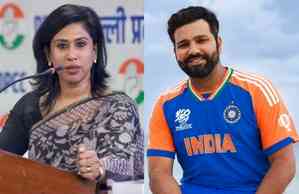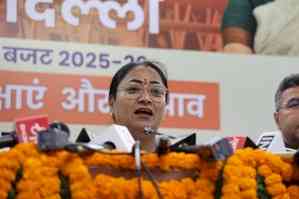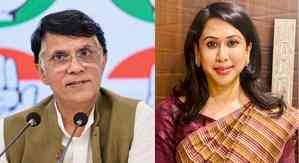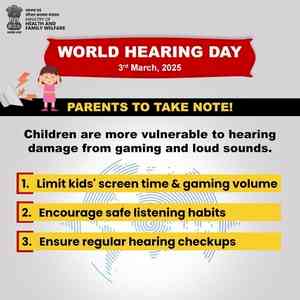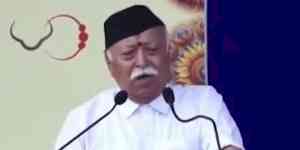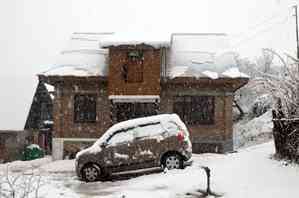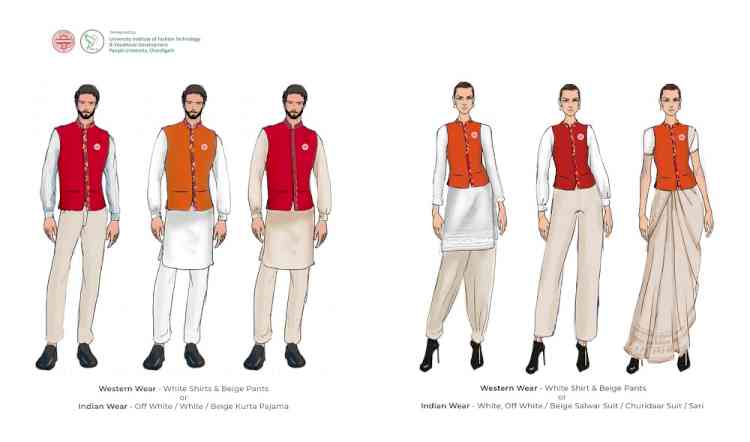Chennai's weather radars in the eye of a storm
Two days after extremely heavy rains threw life out of gear in Chennai and several areas in surrounding districts, the IMD's radars are in the eye of the storm that has the potential to become state-Centre spat.
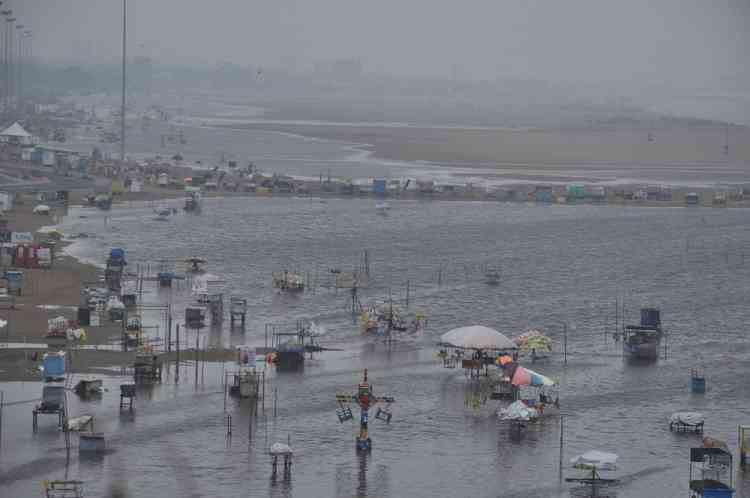
By Nivedita Khandekar
New Delhi, Jan 1 (IANS) Two days after extremely heavy rains threw life out of gear in Chennai and several areas in surrounding districts, the IMD's radars are in the eye of the storm that has the potential to become state-Centre spat.
On Saturday, Tamil Nadu Chief Minister, M.K. Stalin and his DMK's Chennai Central MP, Dayanidhi Maran, both raised with Centre the issue about "non-functional radars" at India Meteorological Department (IMD) Chennai, a charge denied by the IMD.
Chennai and surrounding districts were pounded by more than 100 cm and 200 cm of rain from Thursday morning till early on Friday catching the residents and the administration off guard and even led to loss of three lives.
The state government had declared a holiday on Friday owing to further prediction of heavy rainfall in Chennai, Kancheepuram, Tiruvallur, and Chengalpattu districts due to heavy rainfall as a precautionary measure. On Thursday evening, hundreds of people were stuck either on roads in massive traffic jams due to water logging or in their offices, homes as the low-lying areas were inundated.
Stalin dashed off a letter to Union Home Minister Amit Shah. "Wrote to Amit Shah requesting to enhance the capacity of IMC, Chennai with advanced weather prediction mechanism and up gradation of technology to make predictions of high alert situations earlier, which is essential to take up pre-emptive efforts to ensure peoples' safety," Maran tweeted on Saturday after that.
Maran, in a statement, said: "For over 2 years, I've repeatedly requested the Union Government to expedite repair work on Chennai's radar on a war footing. The delay by the Union Government is solely responsible for putting Chennai in a situation where our technology isn't sufficient to support the people in times of need."
"The Union Government has also not released funds requested by the state government for repair and restoration works despite several reminders. How much more should Chennai suffer before the Union government wakes up to the plight of the countless citizens, whose lives are being put at risk?" he said, and blamed lack of adequate warning from the IMD for people's inconvenience.
Claiming that IMD has admitted that they can only do as much with the available technology, Maran "urged Prime Minister Narendra Modi once again to take notice of the situation and ensure that our radars are fixed immediately and that the relief funds are given at the earliest".
However, IMD's Head (Upper Air Instrumentation Division), Sai Krishnan denied that any of the radars at Chennai needed repair.
There are three Doppler radars in and around Chennai. One is an almost 20-year-old radar at Chennai (long range radar, 500 km range and used for cyclone monitoring), second too is at Chennai, a new x-band radar (short range, 150 km range, focusing entirely on Chennai region) and the third is at Sriharikota, about 60 km from Chennai within the ISRO complex (long range, 500 km range).
"Of these three, the 20 years old, had needed repairs. But with the help of Indian Space Research Organisation (ISRO), we had repaired it last month itself. The x-band radar was installed six months ago and now both are functioning absolutely normally," Krishnan told IANS.
Explaining that radar is an observational tool and it cannot on its own issue forecast, he said: "Radar is just one of the things. There are satellite images, there are numerical models etc. All these are used to come up with forecasts by the forecasting team."
As reported by IANS on Friday, IMD Director General Dr Mrutyunjay Mohapatra had said that the heavy rainfall had "occurred one day in advance," adding: "There was a trough in westerly winds and the easterly winds from north-east monsoon was approaching, both interacted. Large scale wind flow patterns, which interacted with each other led to this type of activity."
(Nivedita Khandekar can be reached at [email protected] )



 IANS
IANS 
